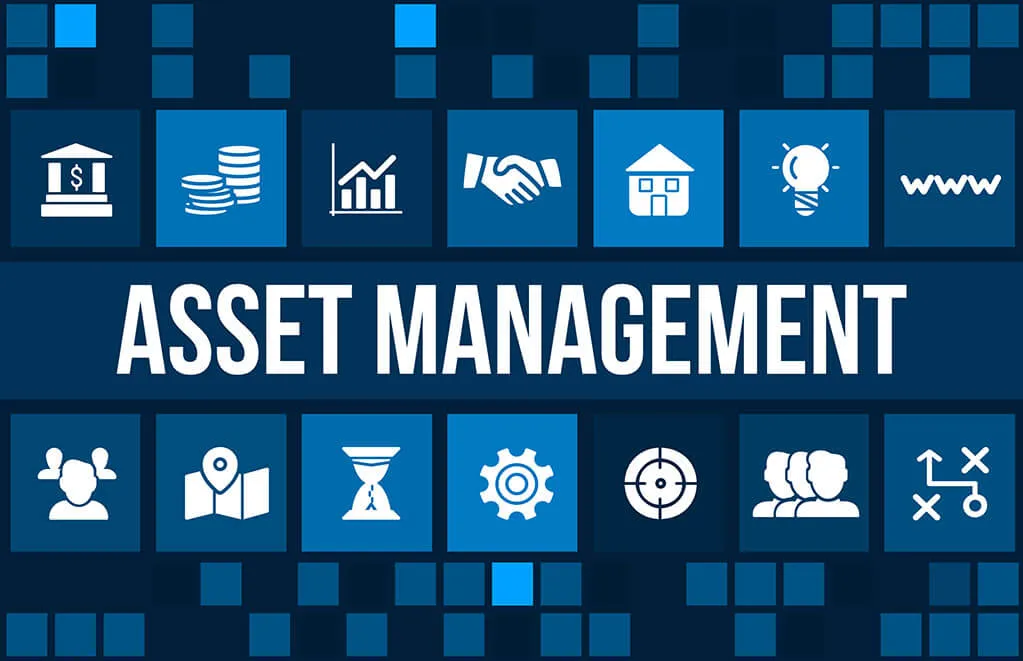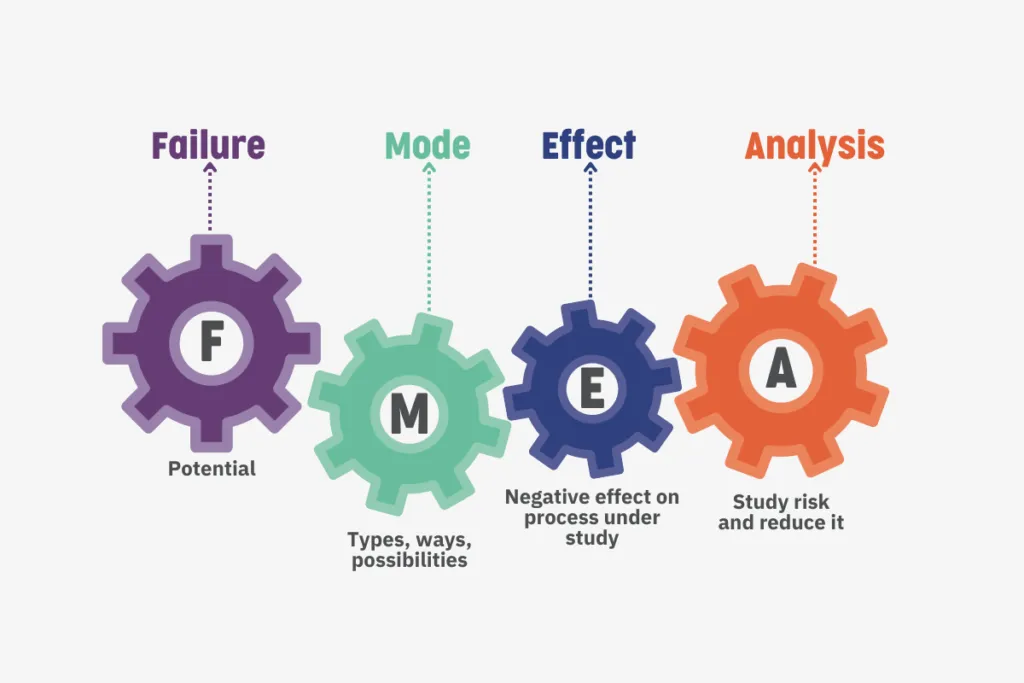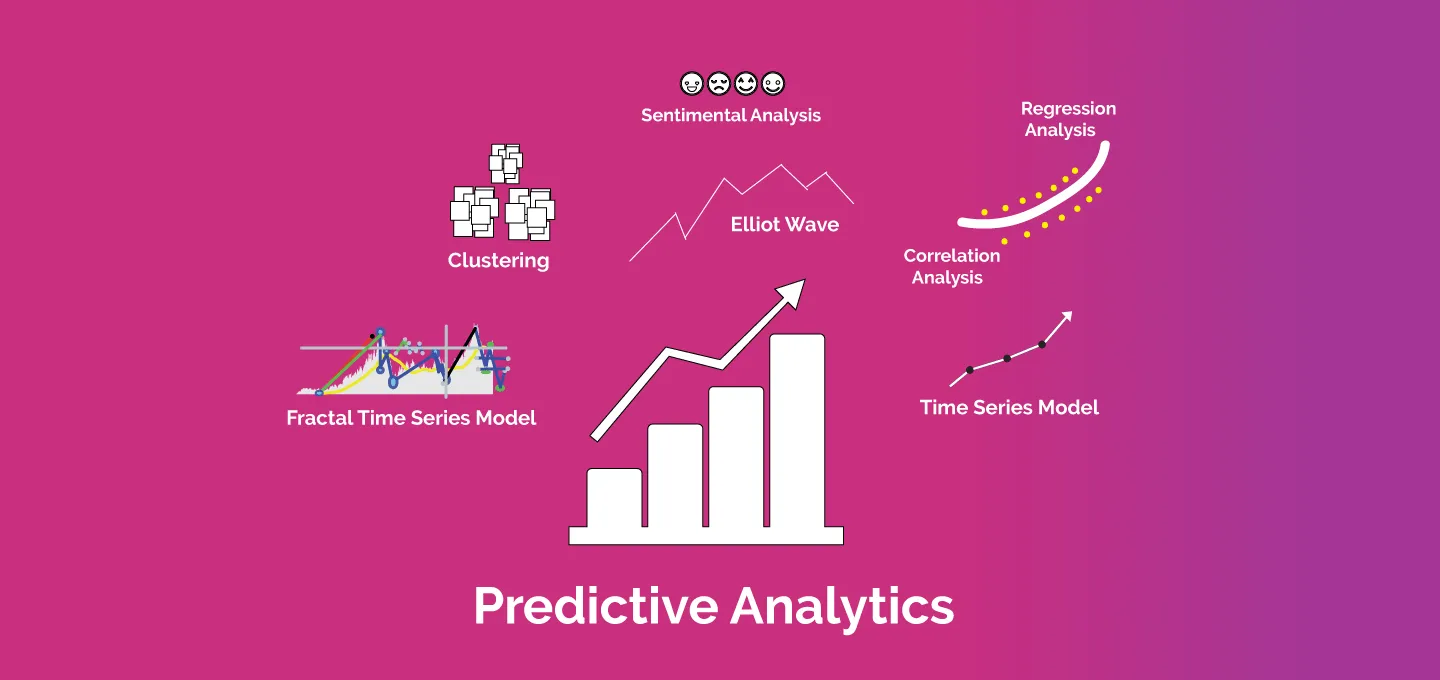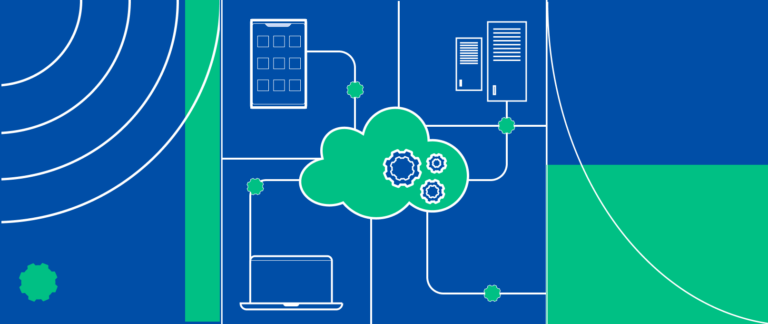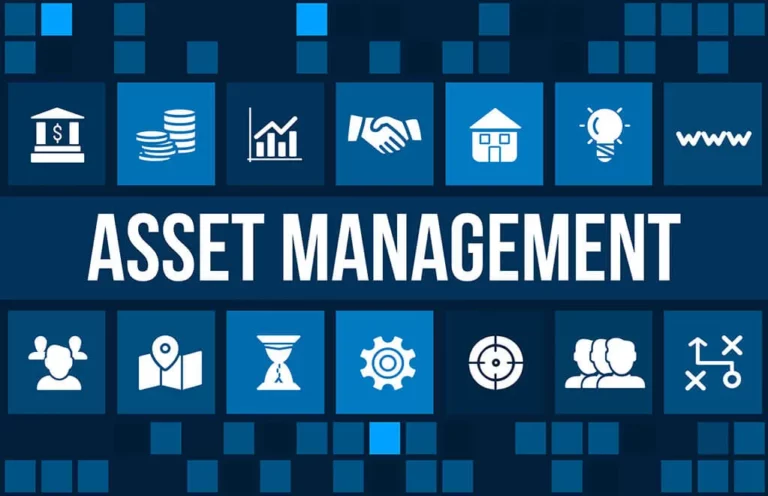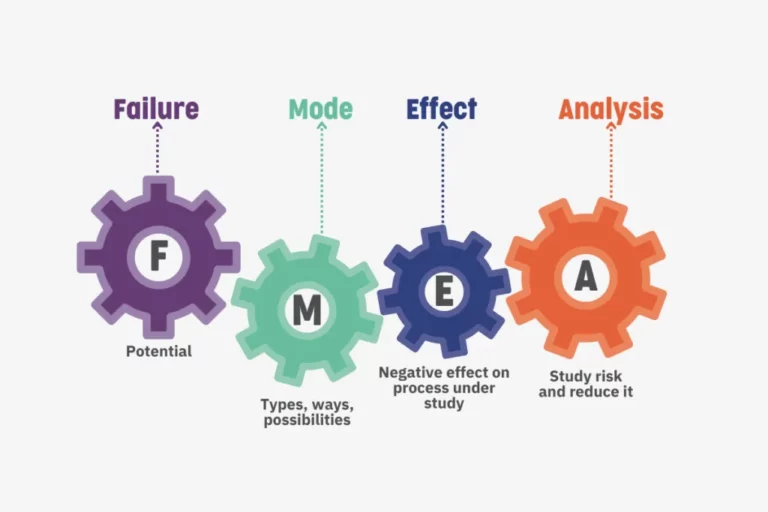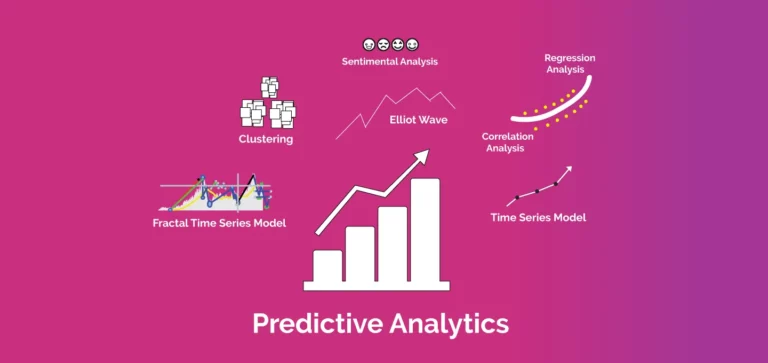Introduction to DevOps: Key Principles and Practices

In this article, we will analyze the basics of DevOps, its advantages, tools, give a guide on becoming a DevOps specialist from scratch, as well as, as a bonus, several useful free resources for learning devops. Let’s dive in!
What is DevOps in simple words
To understand how DevOps stands for, you should refer to the terms “Development” and “Operations”. Devops Engineering is a philosophy that aims to integrate the processes of software development and operation. At the same time, the goal of DevOps is to optimize and automate processes, reduce the time of product launch to the market (time-to-market), as well as increase the reliability and stability of IT systems.
DevOps Principles
DevOps principles are based on several key aspects that allow it to stand out from other approaches to software development and operation:
- Cooperation and culture
The essence of DevOps is cooperation between the development and operation departments. Compared to traditional approaches where development and operation work separately, DevOps promotes closer interaction and communication, which, as the Puppet State of DevOps report shows, leads to an acceleration of the development process by 20-30%. - Continuous Integration and Delivery (CI/CD)
Organizations using CI/CD release updates 2-3 times faster than those who do not use them. This increases the speed of delivery of new features and fixes, which has a positive effect on business and user satisfaction. - Automation
Automation of labor-intensive processes allows you to reduce the time required to complete routine tasks and reduce the number of errors. Automation can also lead to a 25% reduction in IT costs. - Monitoring and feedback
Collecting and analyzing data on system performance and user feedback allows the team to quickly respond to problems and improve the product. Companies using monitoring tools detect and fix problems 2-3 times faster. - Infrastructure as Code (IaC)
IaC allows you to automate the deployment and management of infrastructure, which reduces the likelihood of errors and speeds up processes. Using IaC can reduce infrastructure deployment time by 50-60%.
Compared to other approaches such as Agile and Waterfall, DevOps provides faster delivery speeds, improves product quality, and increases team satisfaction. Through its principles, DevOps helps organizations better adapt to changing business and market demands.
Advantages of DevOps
- Increased development speed: According to the same Puppet State of DevOps report, companies applying DevOps practices are 200 times more likely to release code.
- Product quality improvement: due to continuous integration and delivery, the error rate at the production stage is reduced by 60%;
- Improved interaction and collaboration: DevOps contributes to an increase in the NPS index (Net Promoter Score) by 50%;
- Reduced downtime: Failure recovery time is 24% shorter for companies using DevOps;
- DevOps Tools and Practices;
- Continuous integration and Delivery (CI/CD): Jenkins, Travis CI, GitLab CI/CD, Bamboo and Spinnaker;
- Configuration Management: Puppet, Chef, Ansible, Terraform and other tools;
- Infrastructure as Code (IaC): Terraform and CloudFormation;
- Virtualization and containerization: Docker for application containerization and Kubernetes for DevOps (container orchestration);
- Monitoring and logging: Prometheus, Grafana, ELK Stack, Datadog and Splunk;
- Cloud platforms: Amazon Web Services (AWS), Google Cloud Platform (GCP), and Microsoft Azure.
DevOps Engineer from scratch: step-by-step instructions
Becoming a professional in DevOps engineering requires effort, time, and constant training. We have written a step-by-step plan on how to become a DevOps engineer:
Step 1: Learning the basics of Programming and System Administration
First of all, you will need basic programming skills and an understanding of what DevOps does. Most DevOps developers prefer languages such as Python, Ruby, or JavaScript. According to GitHub statistics, Python ranks 3rd in popularity among programming languages in 2023. Free Python learning resources include Codecademy, SoloLearn, and the official Python documentation, as well as a section of our Knowledge Base with Python instructions.
Knowledge of Unix/Linux is also important, as most DevOps tools run on these operating systems. According to data from Stack Overflow Developer Survey 2023, Linux/Unix is the most popular platform among professionals. Free resources for learning Linux include Linux Journey and Linux Foundation’s Introduction to Linux.
Step 2: Mastering DevOps Tools
A full understanding of what a DevOps engineer does and what tools he uses (Git, Jenkins, Docker, Kubernetes, Ansible and Terraform) is the key to success in this field. These tools enable the implementation of CI/CD, configuration management, containerization, and IaC practices. Free sources of information on DevOps include official documentation, as well as interactive courses on Katacoda.
Step 3: Cloud Technology Training
Cloud platforms (AWS, GCP and Azure) play one of the most important roles in modern DevOps. According to the Flexera 2023 report, 92% of enterprises use multi-cloud strategies. Free sources of information on cloud technologies include AWS Training and Certification, Google Cloud Training and Microsoft Learn.
Step 4: Obtaining certificates and diplomas for DevOps training
Obtaining a certificate of training in the DevOps engineer profession will help increase the loyalty of a future employer and provide him with your knowledge in front of him. According to ACloudGuru, the most popular certificates are AWS Certified DevOps Engineer, Microsoft Certified: Azure DevOps Engineer and Google Cloud – Professional DevOps Engineer. Most certification organizations offer free training materials and practical tests.
Step 5: Continuous Learning
The technological world is constantly changing and evolving. Therefore, continuous training and updating of their skills is critically important for DevOps engineers. Follow the latest trends and best practices, participate in conferences and workshops, read professional blogs and articles (DevOps.com , The New Stack and DZone).
And now, as promised, links to useful free resources and training courses:
- How to speed up the release and not lose quality: An interesting webinar on building development processes, quality management and release releases. You can learn a lot of useful content in an hour and a half.
- How to become a DevOps engineer from scratch, what to learn and in what order?: A series of videos on YouTube that forms an idea of the main growth points of a DevOps engineer. It is very useful for those who are just starting their way in the profession.
- “Preparing for Google Cloud Certification: a DevOps engineer working with cloud technologies”: Free training program from famous Coursera. It is offered for study in English, but it is one of the most comprehensive in the industry. developed with the support of Google Cloud.
- Free Online DevOps Course :6 informative lectures from the Online IT Academy. A complete course from the basics of Devops to management using Puppet. After each of the lectures, testing is available, which will allow you to verify the knowledge you have gained.
Don’t be afraid to start learning DevOps! All the materials for a high-quality immersion in the profession are already at hand, it remains to apply a little perseverance.
Your Serverspace
